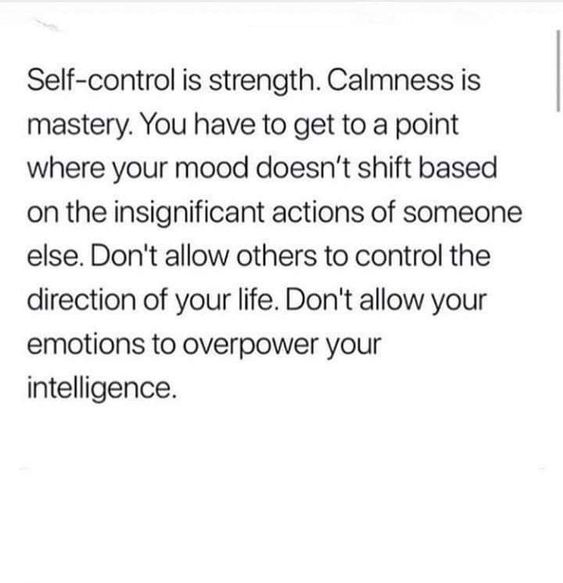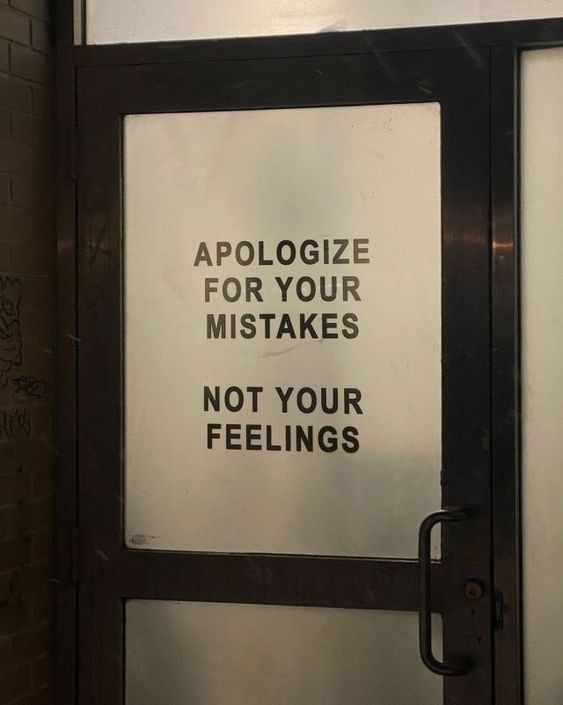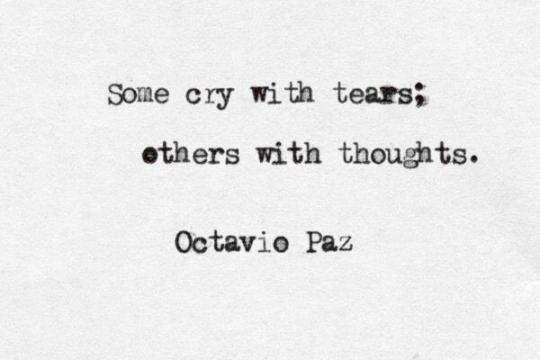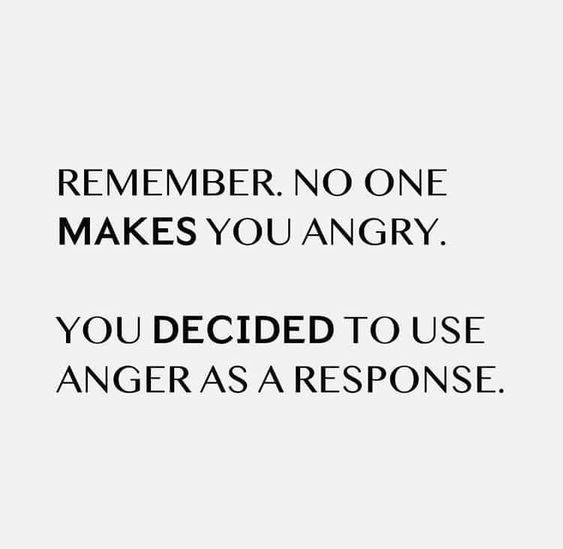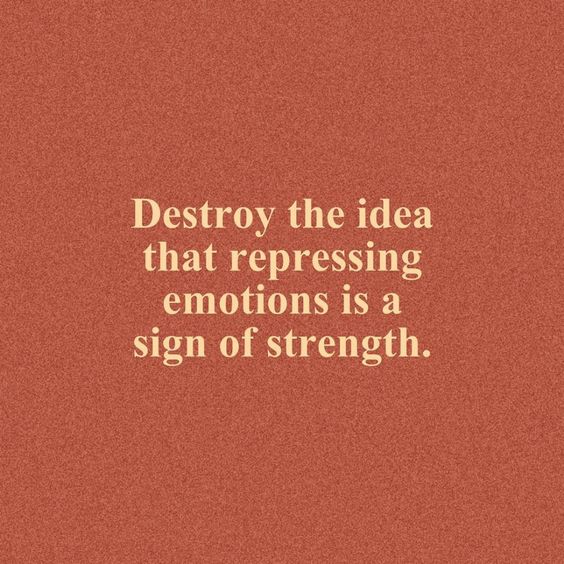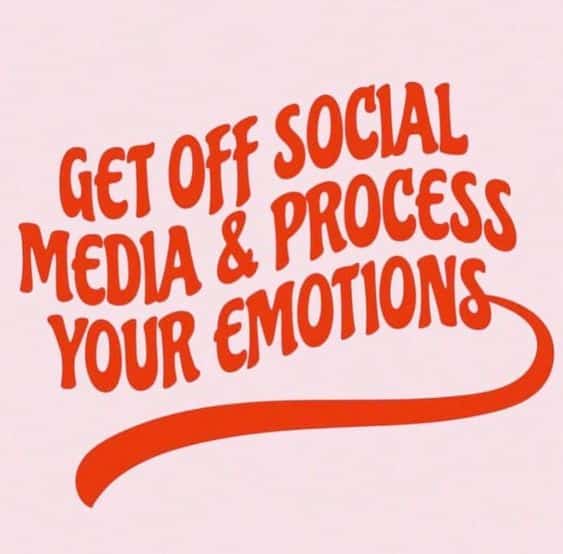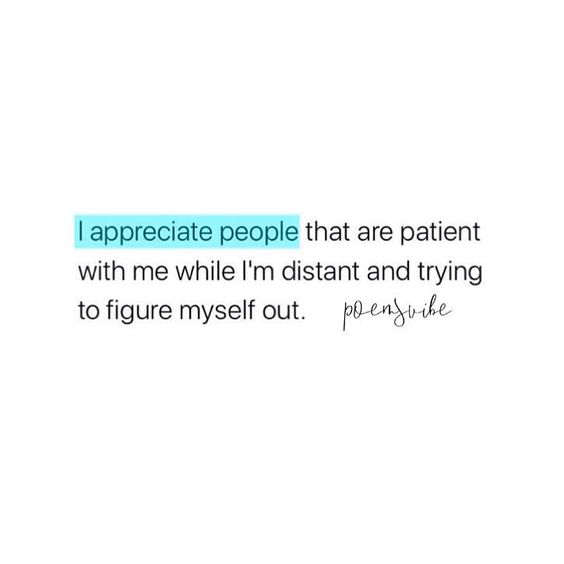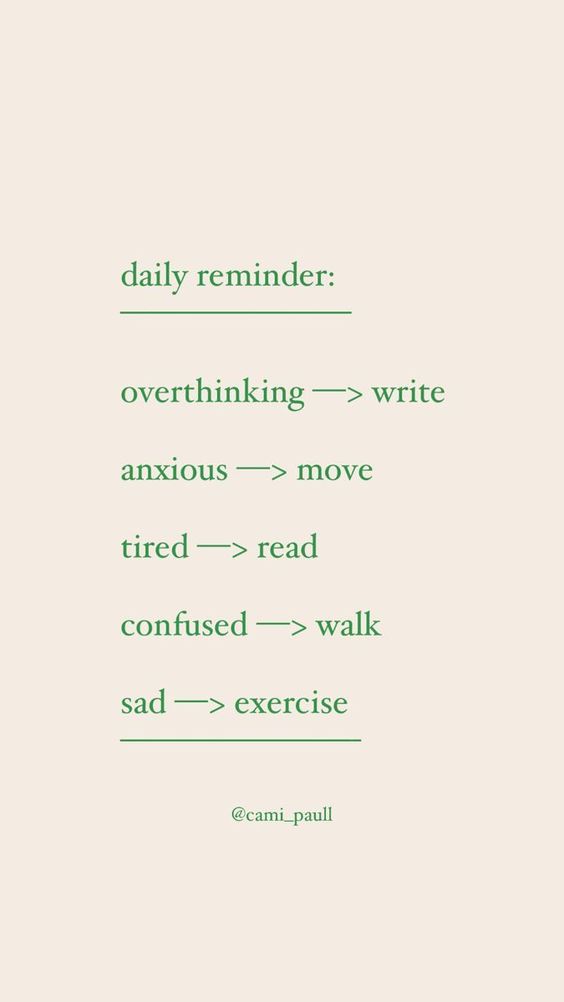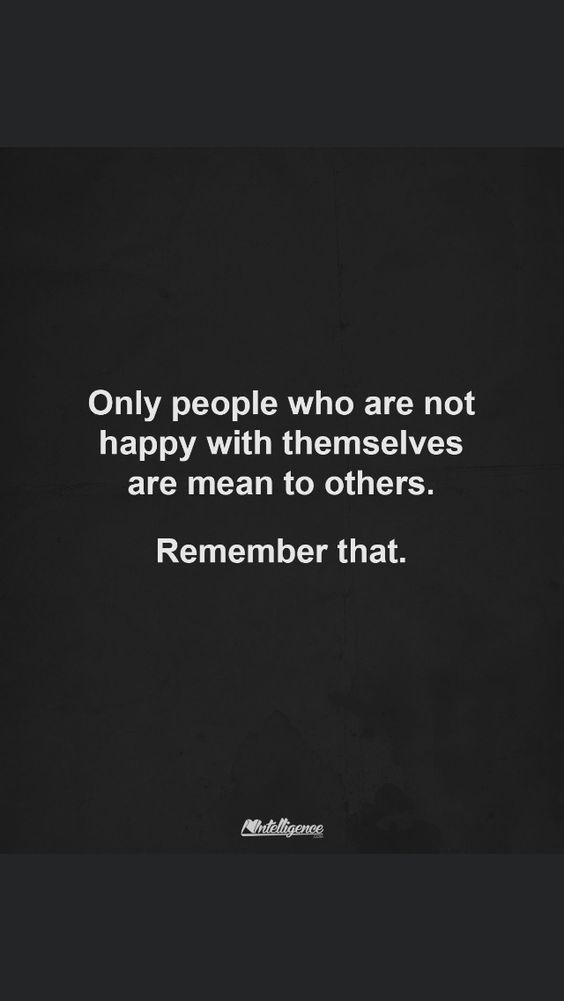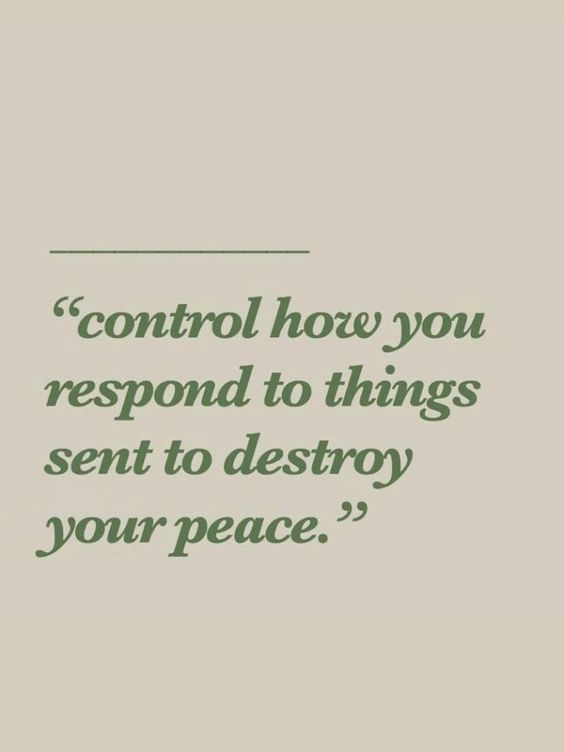“If you’re in a boxing ring and the boxer punches you in the face, you don’t whine about the unfairness or the cruelty. No, that’s just part of the game. I want you to see life like this: If someone does something to you that is nasty, get control of your emotions. Don’t react. Don’t get upset. Look at it as moves on a chessboard.”
Robert Greene, The Daily Laws (Page 190)
“By throwing yourself into emotions, by allowing yourself to dive in, all the way, over your head even, you experience them fully and completely. You know what pain is. You know what love is. You know what grief is. And only then can you say, ‘All right. I have experienced that emotion. I recognize that emotion. Now I need to detach from that emotion for a moment.'”
Morrie Schwartz, via Tuesdays With Morrie (Page 104)
“Detachment doesn’t mean you don’t let the experience penetrate you. On the contrary, you let it penetrate you fully. That’s how you are able to leave it. Take any emotion—love for a women, or grief for a loved one, or what I’m going through, fear and pain from a deadly illness. If you hold back on emotions—if you don’t allow yourself to go all the way through them—you can never get to being detached, you’re too busy being afraid. You’re afraid of the pain, you’re afraid of the grief. You’re afraid of the vulnerability that loving entails.”
Morrie Schwartz, via Tuesdays With Morrie (Page 104)
“Conquer rage with humility, conquer evil with goodness, conquer greed with generosity, and conquer lies with truth.”
Dhammapada, via A Calendar of Wisdom (Page 110)
“the inward movement can be summarized as follows: we observe ourselves, we accept what we find without judgment, we let it go, and the actual release causes our transformation.”
Yung Pueblo, Inward (Page 107)
“healing ourselves isn’t about constantly feeling bliss; being attached to bliss is a bondage of its own. trying to force ourselves to be happy is counterproductive, because it suppresses the sometimes tough reality of the moment, pushing it back within the depths of our being, instead of allowing it to arise and release.”
Yung Pueblo, Inward (Page 81)
“There is great power in honoring the reality of our current emotions—not feeding them or making them worse but simply recognizing that this is what has arisen in this present moment and that this will also change. When we create this space within ourselves—a space of calmness that is undisturbed by the storm—the storm tends to pass more quickly.”
Yung Pueblo, Inward (Page 81)
The Weight Of Envy—A Short Story About Letting Go
Excerpt: A teacher told his students to make a list of everybody they envied. But, instead of using paper, to write each name on a potato…
Read More »The Weight Of Envy—A Short Story About Letting Go
don't run away from heavy emotions honor the anger; give pain the space it needs to breathe this is how we let go ~ Yung Pueblo, Inward (Page 17)
“I believe in anger. Anger’s like fire, it can burn out all the dross and leave some positive things. But what I don’t believe in is bitterness. Forgiveness is imperative because you don’t want to carry that weight around, who needs to? And it will throw you down. It doesn’t help you to live life. I don’t make myself vulnerable if I can help it.”
Maya Angelou
